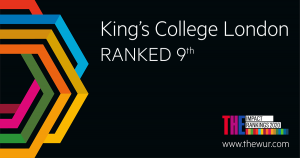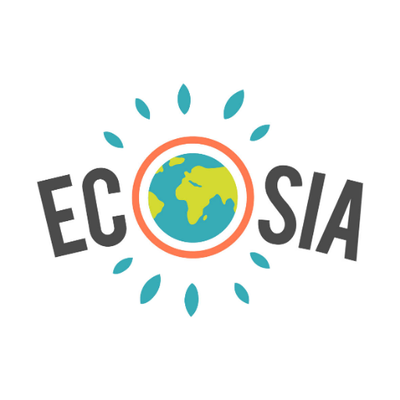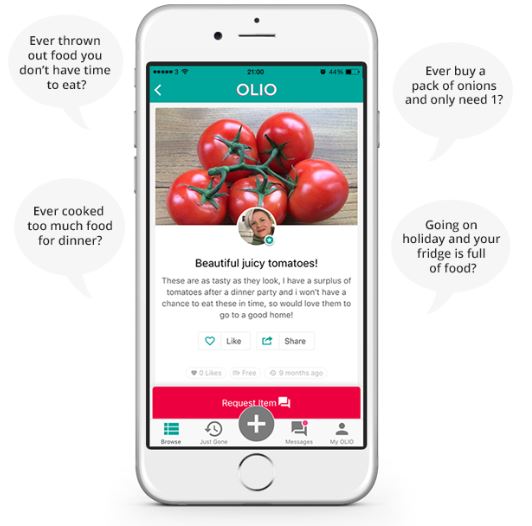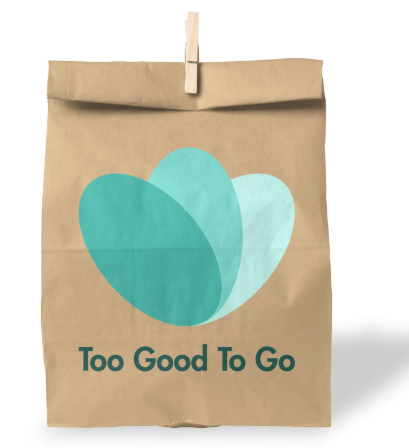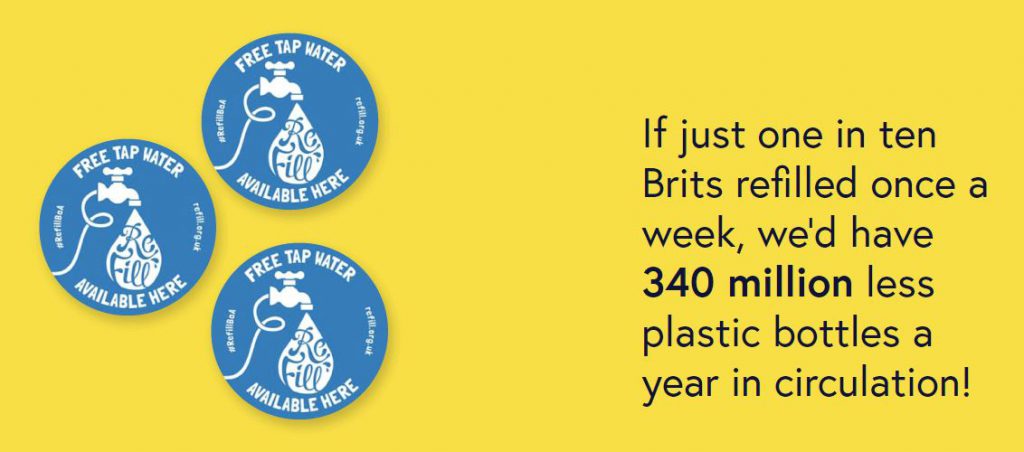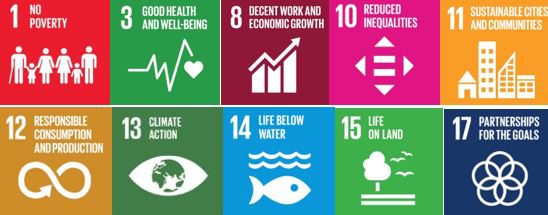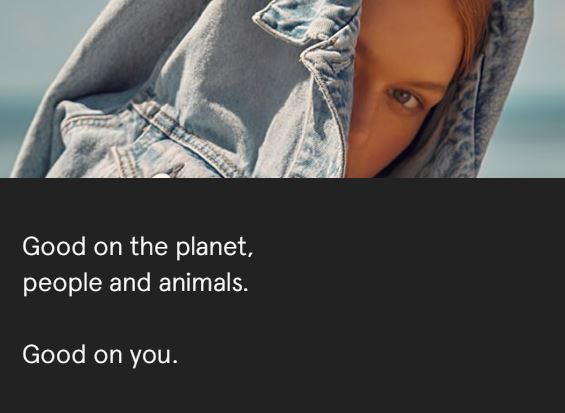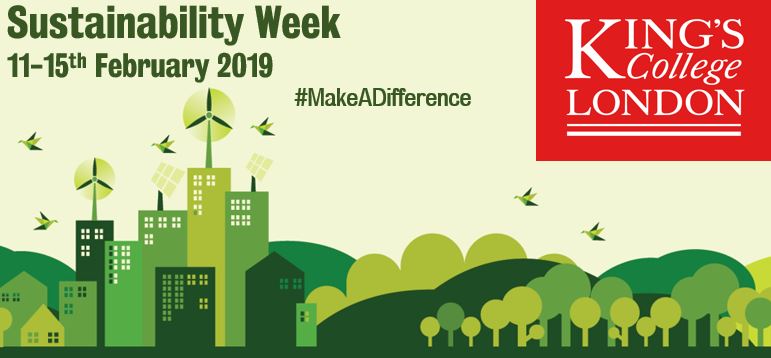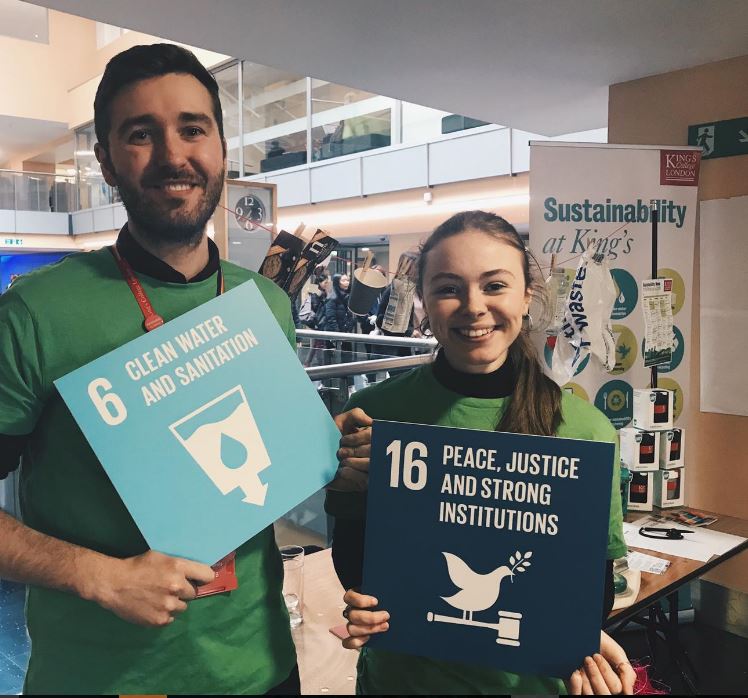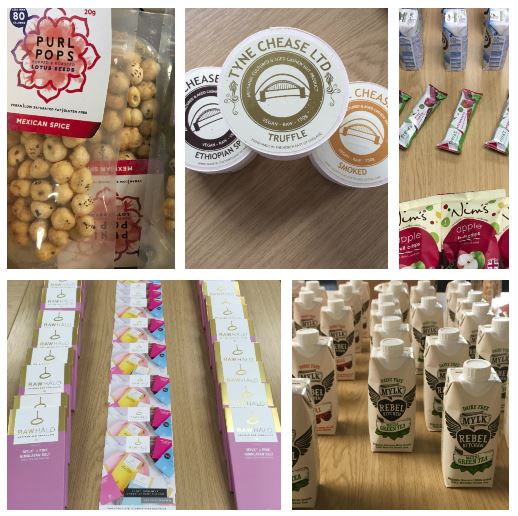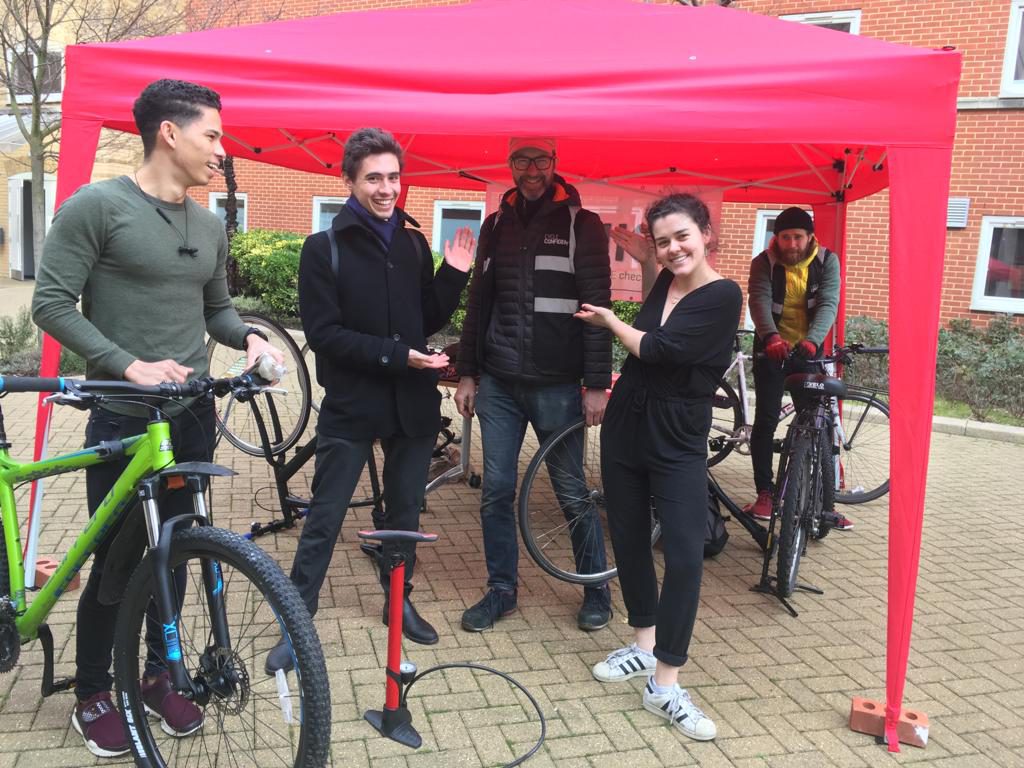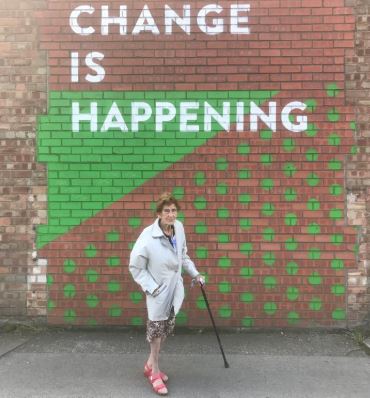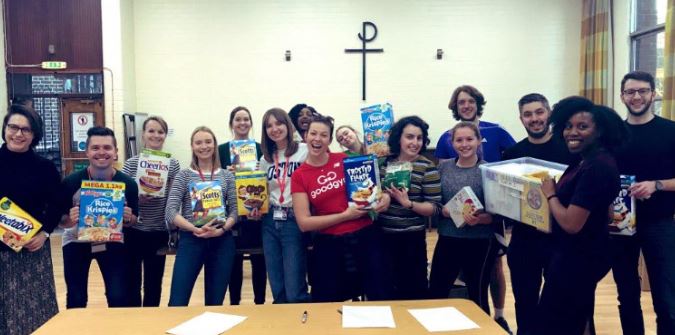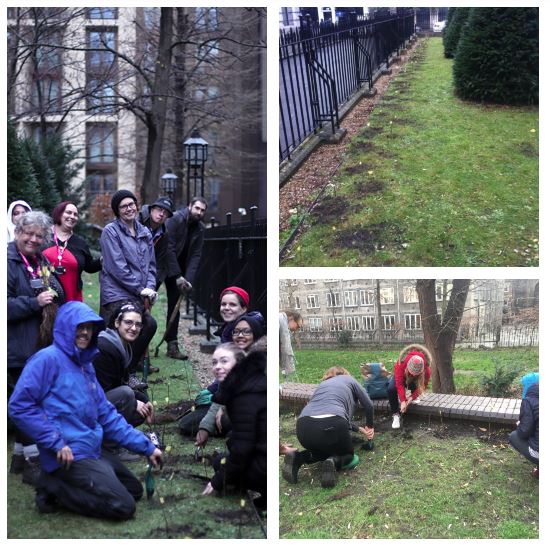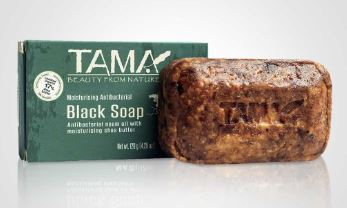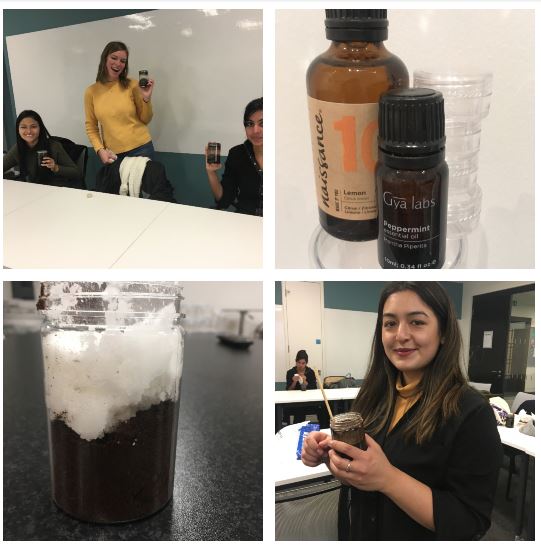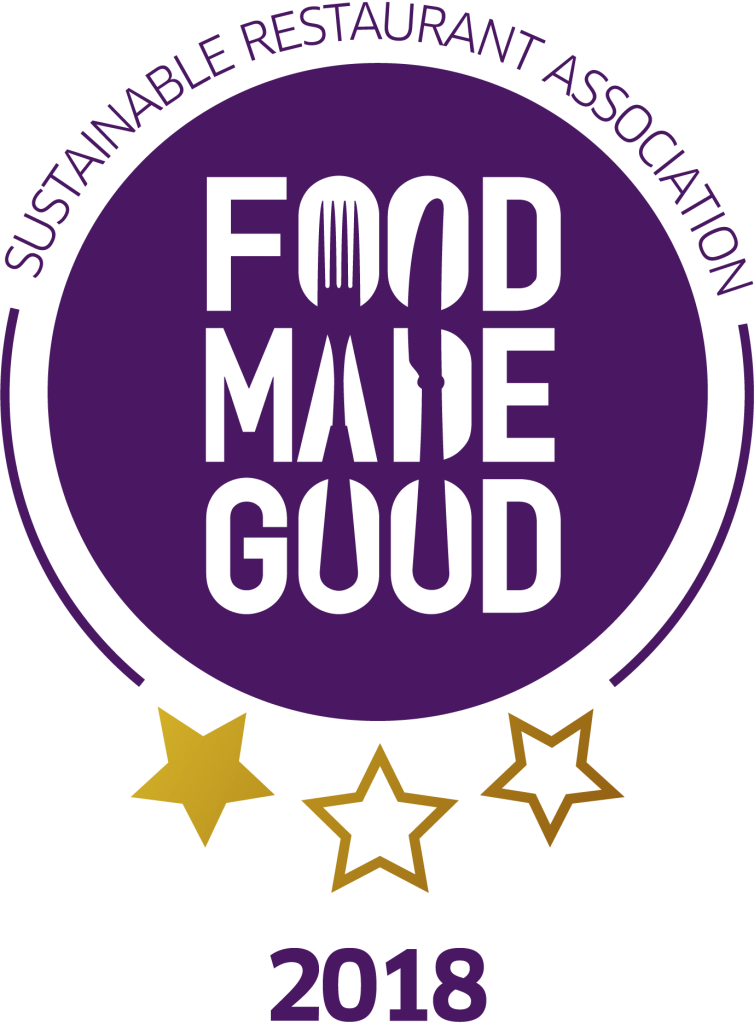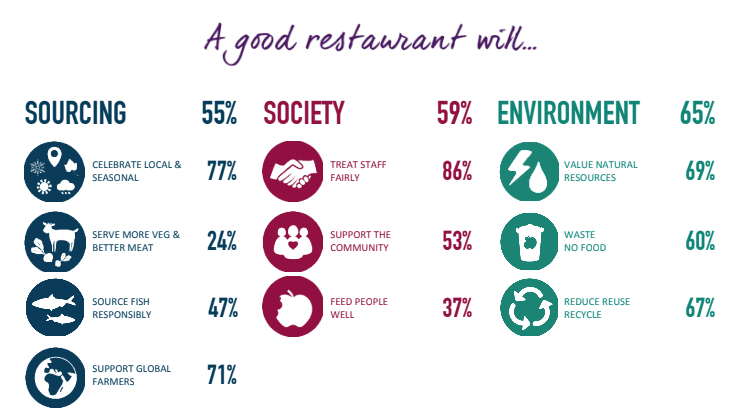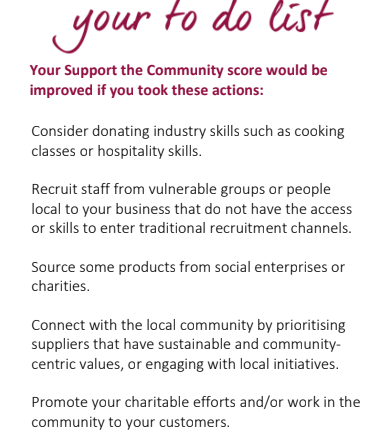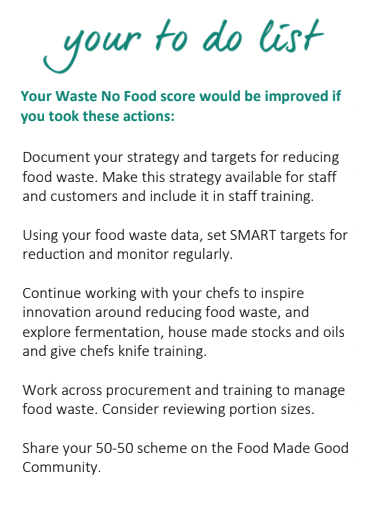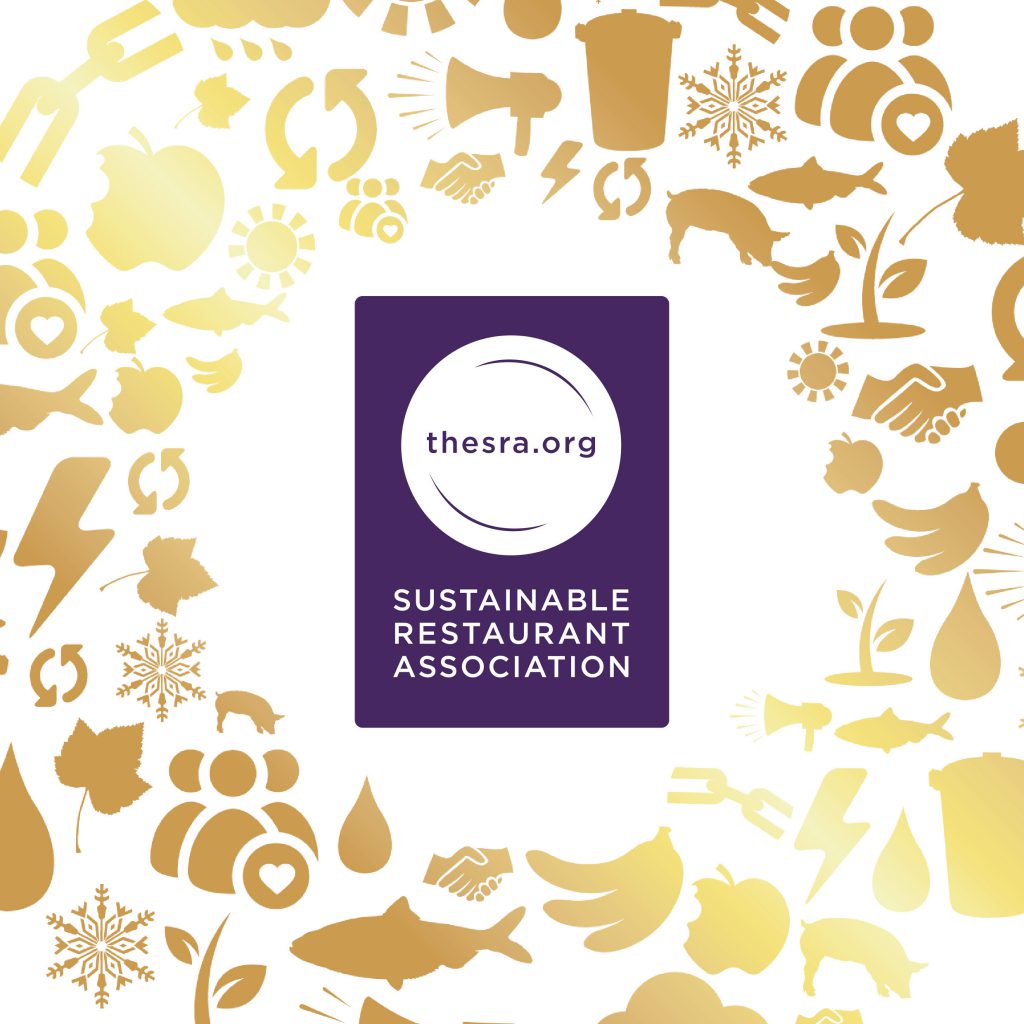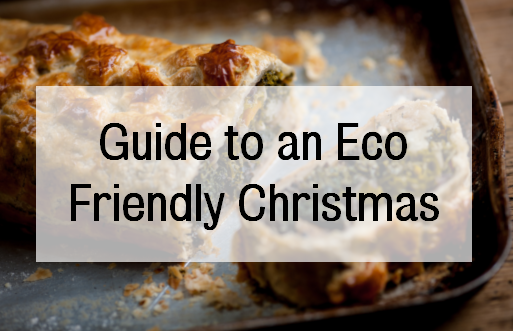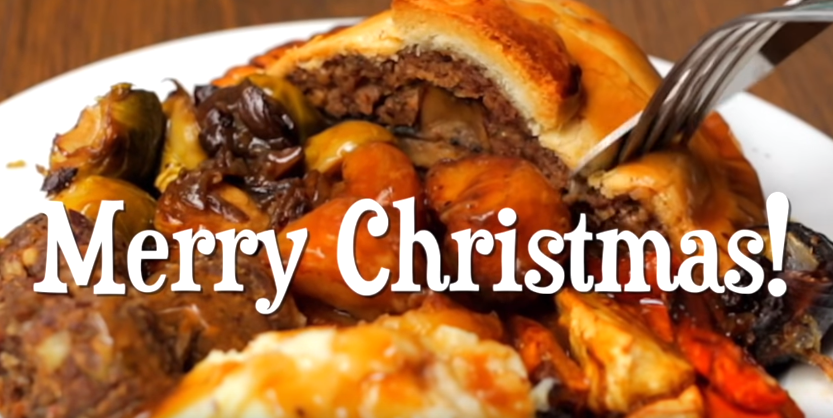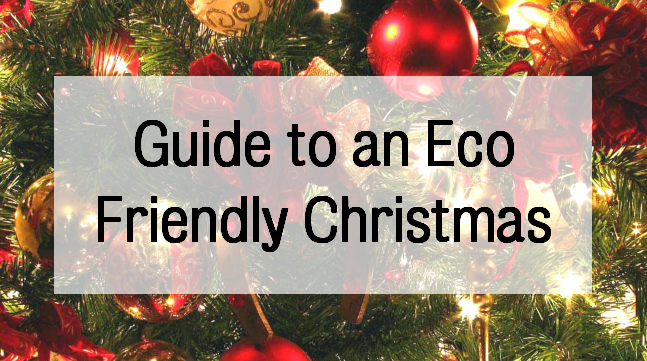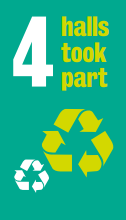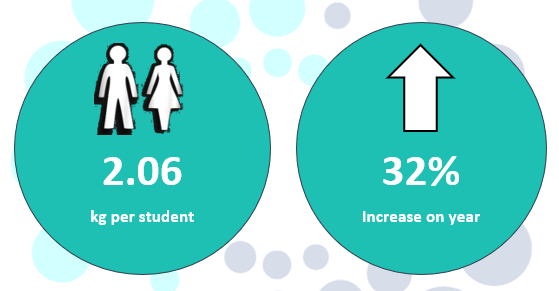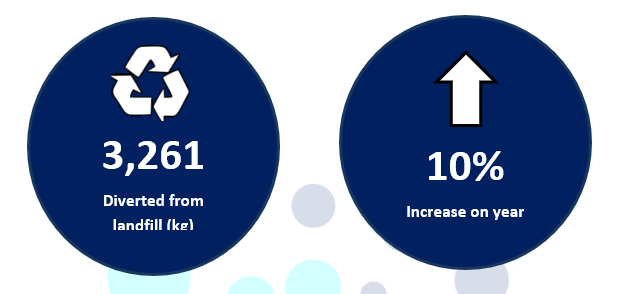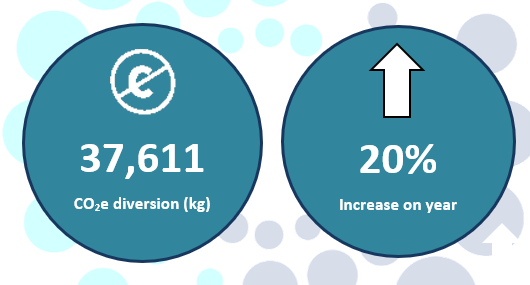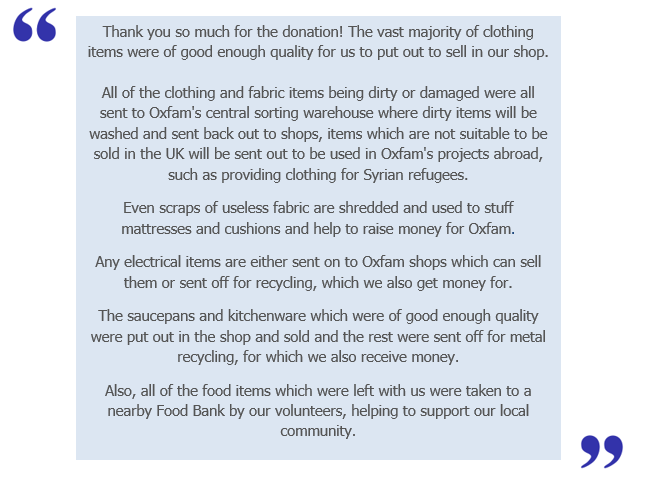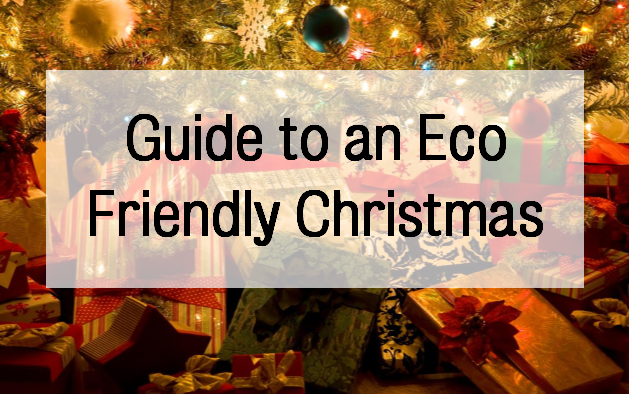
Gifts
There are many sustainable gifts you can buy your loved ones – for example:
Are they a foodie?
You could buy your loved one’s sustainable gifts such as great Fairtrade chocolate or coffee.
For example, Seed & Bean, Meaningful Chocolate, Rawr Choc or Grumpy Mule coffee.
Are they into health and wellbeing?
Sustainable Yoga mat
Exercise helps to nurture wellbeing but lots of yoga mats are made from PVC and other harmful materials.
This brand does amazing biodegradable yoga mats made with vegetable fibres that look pretty too!
Liforme is also a great brand making sustainable yoga mats. However, they are on the more expensive end, but will still make a great investment for an avid Yogi wanting to invest more into their mat and the environment.
Homemade gifts
Why not make them something special and personalised?
For example, a homemade candle. Candles are very simple to make, click here for a simple, step-by-step tutorial on how to make one.
Plant-based waxes such as rapeseed or soy are the better option compared to paraffin waxes which can pose health risks. When paraffin is burnt, carcinogenic compounds (such as Acetaldehyde, Benzene, Formaldehyde) are released into the air. Plus, the use of paraffin encourages the discovery, refinement, distribution and consumption of crude oil.
Plant wax candles also last longer than paraffin, are less likely to be blended with additives, are biodegradable and also vegan-friendly.
Some good waxes can be found here. Don’t forget you will also need to buy wicks – these can be bought from local haberdasher, which is also more sustainable through the support of local business, reducing delivery miles and reducing reliance on companies such as Amazon – which has questionable staff-treatment.
Making your own candles is great and it allows you to tailor the scent to the favourite smell of the person receiving the gift. You can buy a range of natural oils from Lavender (which is calming), Rosemary (thought to boost memory and mental function) to frankincense (calming and extra-christmassy!). You can browse a range of natural oils available to purchase here and here.
Do they need to get the hint…?
If you are being driven crazy by someone’s unsustainable habits – why not nudge them in the right direction and give them some sustainable tools they can use in their daily life to make their life less wasteful and more efficient?
Reusable cup
Keepcup online allows your to design your own personalised cup. This sustainable nudge could be made special by designing their cup with their favourite colours.
Eco-lunchbox
The brand, ecolunchware makes lunchboxes from organic wheat straw – reducing plastic while helping your loved-one reduce food waste and save money (so long Tesco meal deals).
Bamboo straws
If your mate is always putting a plastic straw into their Christmas cocktail – why not get them a bamboo or metal straw which they carry with them to bring out when needed?
Support a charity
Charities such as Amnesty International have a great catalogue of gifts – from an ‘Immigrant Cookbook‘ of which a portion of the profits will go to the Migrants Rights Network, to a bird nesting box and hanging planters.
Wrapping Your Gift
There are many brands which make wrapping paper out of recycled paper such as ‘ReWrapped‘. Gift bags such as this one are also great – as they can continuously be reused and save you lots of wrapping up time!
If you receive a large gift – save the wrapping paper from it and use it for next year when you’re wrapping up future gifts.
No Gifts
If you want to cut the consumerism of Christmas back – why not use the money you would have spent on the presents for a day out with your loved-one instead?
Since last Christmas, my family and I decided to do this instead of giving gifts. Well, we give one gift each. But compare this to 10-20 gifts from the previous years this is quite a cutback. The pilot last year actually worked really well. My dad in particular was very hesitant, as he thought giving only one gift would make it seem like he didn’t care. However, this one gift Christmas taught him doing something together as a family actually allows you to share your love, excitement for Christmas and create memories together that gift-giving on Christmas morning doesn’t quite achieve. Opening gifts on Christmas morning is always enjoyable, but the memories and stories of trips and events done in replacement those gifts, to me, are much more powerful as well as long-lasting less wasteful. The no-gifts or one-gift Christmas may not be for everyone, but it’s worth thinking about and discussing with your loved-ones as an idea.

